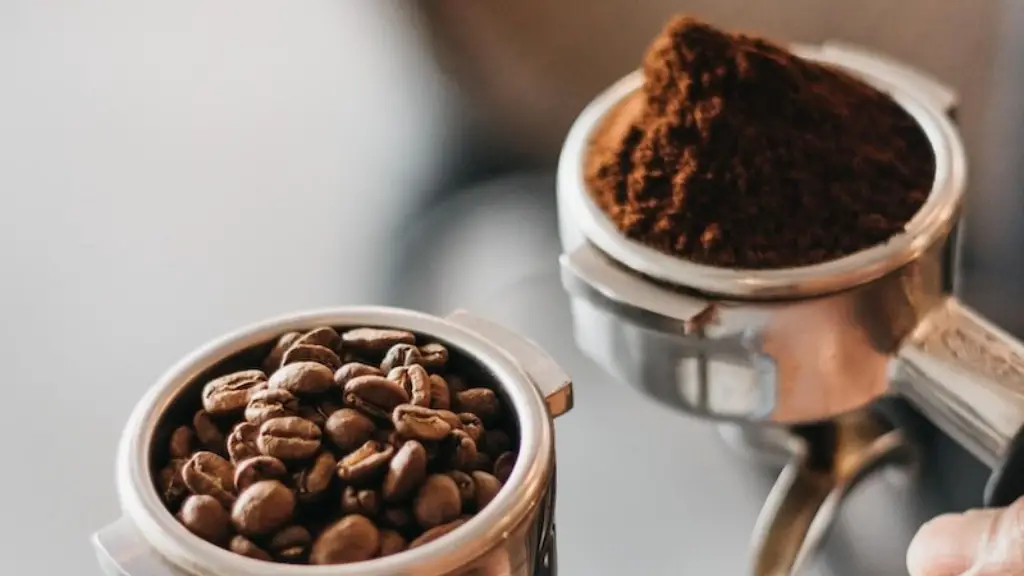Signs you need your wisdom teeth removed
Wisdom teeth often cause problems if they remain in the mouth; they may become impacted, causing pain or difficulty in opening or closing the mouth. Even when wisdom teeth come in straight, they can cause overcrowding and damage the other teeth. The most common signs that you may need to have your wisdom teeth removed include dental pain, inflammation around the wisdom tooth area and gum irritation or swelling. If your dentist thinks that your wisdom teeth need to be removed, it is best to do it as soon as possible.
Risks and possible complications involved with wisdom teeth removal
While the procedure for wisdom teeth removal is usually straightforward and considered safe, there may be risks and complications involved. In some cases, the removal may lead to infection, bleeding, swelling and bruising in the gums or the mouth. In some cases, nerve damage, which may result in numbness or pain, may occur. It is important to follow the instructions provided by your dentist and take care of your mouth and teeth properly after the procedure.
When can you drink coffee after wisdom teeth removal?
It is important to be aware that drinking coffee, tea or any other hot beverages too soon after having your wisdom teeth removed can lead to complications. Hot beverages, such as coffee, may cause increased swelling, discomfort and even pain. The best advice is to wait at least 48 hours after having your wisdom teeth removed before drinking coffee or any other hot beverages. This allows sufficient time for the gums to heal, reducing the risk of infection or further inflammation.
Additional tips for the healing process
The healing process after wisdom teeth removal can take up to two weeks and during this time it is important to follow your dentist’s advice and take care of your mouth. Other tips that may help with the healing process include avoiding hard or crunchy foods, taking painkillers or anti-inflammatory pain relief as advised, rinsing your mouth gently with warm water after every meal and gently cleaning your mouth with a salt water rinse. It is also advised to brush your teeth to keep your mouth and teeth clean but to avoid rinsing with a toothbrush for the first few days.
Alternative healing treatments
For those who wish to take a more natural approach to the healing process, there are several alternative treatments that can help. The most common alternative treatments for wisdom teeth removal include the application of ice packs, the use of herbal infusions and aromatherapy, ventilation techniques and the use of essential oils. Some of these treatments can help reduce inflammation, improve healing and even reduce pain. It is also possible to use homeopathic remedies such as Arnica to reduce any bruising or swelling. However, if in doubt it is best to discuss any treatments with your dentist before using them.
Minimizing discomfort and pain after the procedure
It is important to be aware that pain and discomfort can occur after having your wisdom teeth removed. It is possible to minimize this discomfort by taking painkillers such as Ibuprofen or Paracetamol as prescribed by your dentist. It is also possible to manage the pain and discomfort by using cold and warm compresses, relaxing in an upright position and avoiding strenuous physical activities. Sleeping with your head slightly elevated can also help to reduce the swelling and discomfort in the face and gums.
Maintaining good oral hygiene after the procedure
Good oral hygiene is very important in order to improve healing and prevent infection after having your wisdom teeth removed. This includes brushing twice a day, flossing once a day and using a mouthwash as recommended by your dentist. It is also important to schedule regular check-up appointments with your dentist in order to ensure that your mouth is healing properly and that any complications are addressed as soon as possible.
The importance of following advice from the dentist
It is important to keep in mind that the advice provided by your dentist is the best way to ensure that wisdom teeth removal is a successful procedure. Your dentist will be able to provide information about the risks, possible complications and the best ways to take care of your mouth and teeth after the procedure. It is also important to note that if you experience any symptoms such as fever, excessive bleeding, severe pain or swelling, it is best to contact your dentist as soon as possible.


